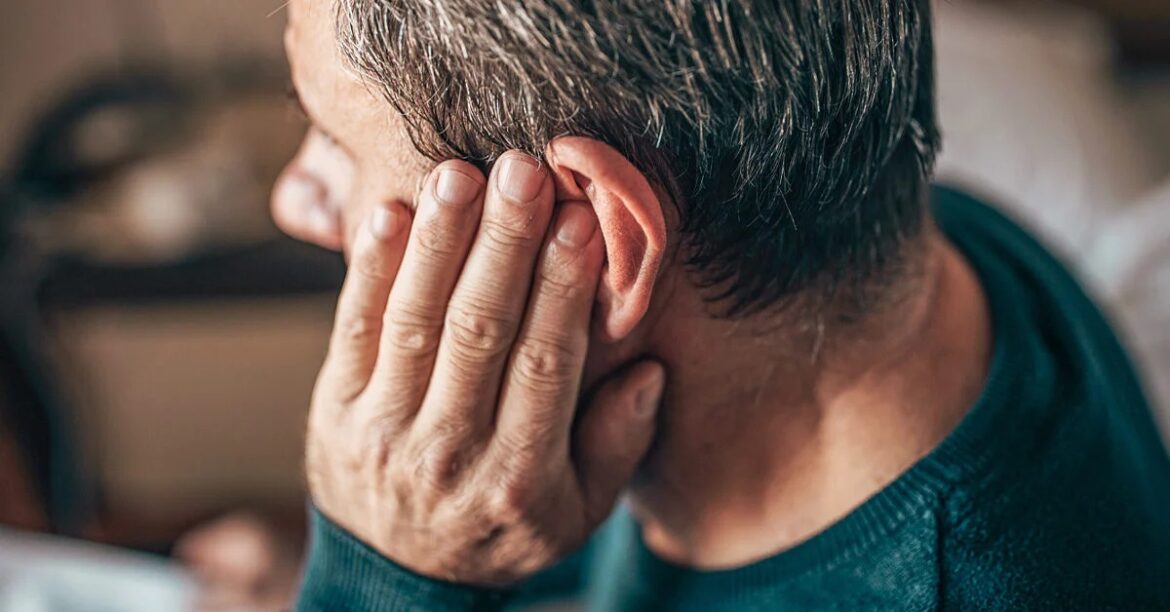The ability to listen to sound plays an important role in a human life. Beside the ability of the human to perceive suspected danger simply by listening to sound, it also helps a person to communicate with others and have an impact on emotional development. Getting regular health screening can detect possible early problems in hearing. It is normal to hate on certain sounds or songs because it annoys you. If you just feel annoyed and nothing more than that, it is still a normal reaction. However, there is actually a condition where a person hears everyday sounds that are louder than they should. This might be the case with hyperacusis.
Hyperacusis is defined as unusual tolerance to ordinary environmental sounds or inappropriate response to sounds that are neither threatening nor uncomfortably loud to a typical person. In short, hyperacusis is a hearing disorder of sensitive hearing. This condition can affect both children and adults. It is estimated that 1 in 50 000 people is affected by hyperacusis. Hence, it is a rare condition. Surprisingly, most people with hyperacusis actually have normal hearing.
In the majority case of hyperacusis, there are no underlying medical conditions that can be found. Although, there are actually possible reasons behind this event. One of the famous theories is that the brain confuses or exaggerates certain vibrations of the sound. This means that a person with hyperacusis reacts differently such as feeling pain or discomfort to the same signals listened by a normal person due to the brain’s perceptions. Other reasons lie in the many diseases or health issues such as injury to the head, damages of the ears due to medications or toxins, infection such as Lyme disease or viral infection, migraine headaches and mental disorders such as depression or posttraumatic stress disorder.
Symptoms of hyperacusis such as ear pain and hearing sounds louder than it should be are the common symptoms. It is often accompanied with difficulty tolerating the environment and situations. Examples of sounds that affect those with hyperacusis are running tap water, car engine, vacuum cleaner sounds and loud conversation. Hyperacusis may affect 1 or both ears. It can come suddenly or develop over time. Remember the definition of hyperacusis mentioning the inappropriate response? Hyperacusis can lead to relationship problems and trouble to communicate with others as they tend to isolate themselves from mingling with society and people. It can even lead to depression and anxiety symptoms.
It is important to get medical help if you suspect yourself or people you love are affected by hyperacusis. This is because it can take a great toll on life and emotional wellbeing. There are no specific surgical or treatments to correct hyperacusis. Treatments depend on the causes of hyperacusis. In cases such as injuries to the brain or ear, hyperacusis might get better on its own as long as the injury is treated well. Doctors may recommend sound therapy to help a person with hyperacusis to get used to the everyday sounds again. This is also known as sound desensitisation. Most of the time, doctors will recommend a device such as special ear pieces to be worn onto the affected ear. This device plays sounds white noise or static sound so that a patient will not feel pain or bothered by the everyday sounds. A person is likely to get the benefit of the therapy around6 to 12 months of using this. It is best to avoid using earplugs or muffs to lower the sounds and to avoid staying away from social situations that might be sounds bothering a person with hyperacusis. Yes, it is true these measures may help to give relief, but it only works for short-term and actually leads to worsen symptoms in the long term. This is because when the measures are totally removed, the sound tends to become even louder.
Apart from such treatments on improving the sound sensitivity, a doctor may actually prescribe medicine to help manage the stress level or provide CBT therapy which focuses on managing the stress. A person with hyperacusis may actually try relaxation techniques to tone down the stress level such as by breathing exercises. Treatment may vary from one person to one another as a person’s response towards a treatment plan is different. It is best to talk with your healthcare provider on what is the most suitable treatment.
Since hyperacusis can be a great distress, the patient is likely to wonder if hyperacusis can be cured. Unfortunately, there is no cure for hyperacusis. Treatments available can help to improve the symptoms. For cases that are caused by health conditions or medical conditions, treating its root causes should diminish the symptoms to a great extent. Truthfully, once noise sensitivity has started, there is no cure for it as most cases are due to noise damage or ageing damage to the inner ear. The good news is that hyperacusis is almost completely alleviated through sound therapy treatment protocol.
It can be concluded that hyperacusis is more than just sound sensitivity as it can have a great impact on their daily life especially in social settings and mental health. Although there is no cure for hyperacusis, sound therapy and other treatments can help to slowly improve the symptoms and improve a person’s quality of life.
Buy Nasonex 50mcg Aqueous Nasal Spray 60 doses




